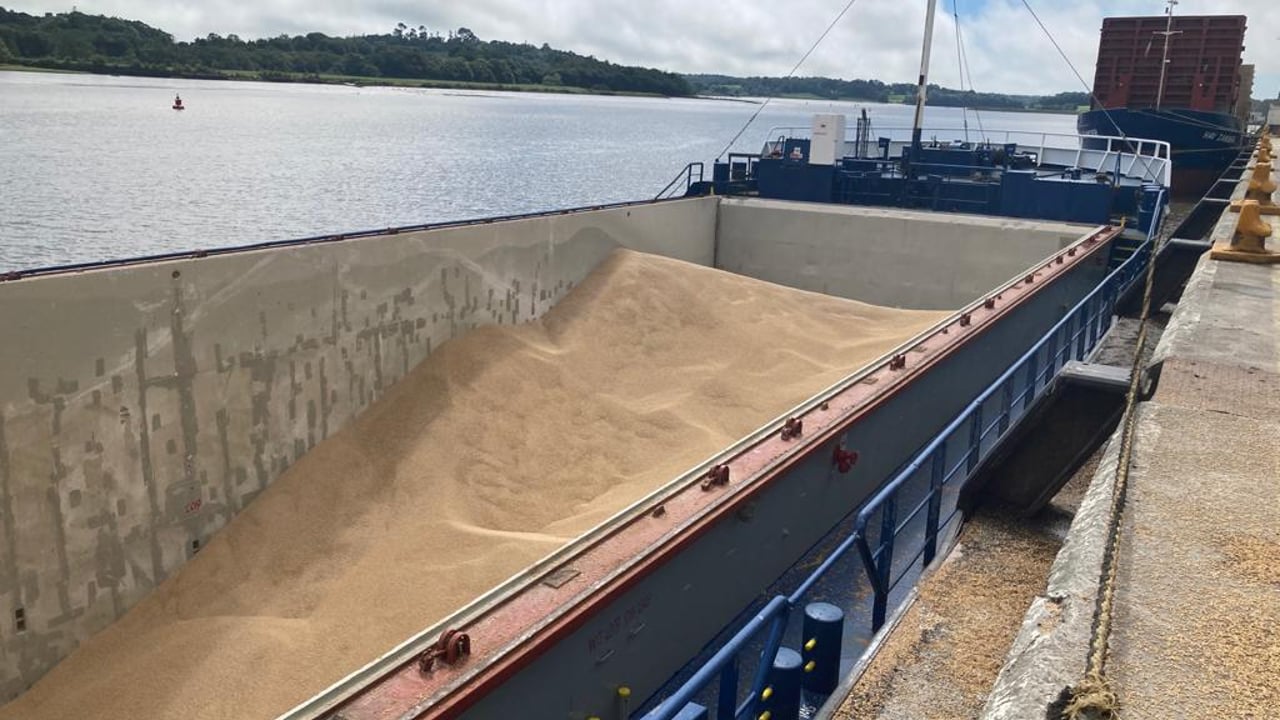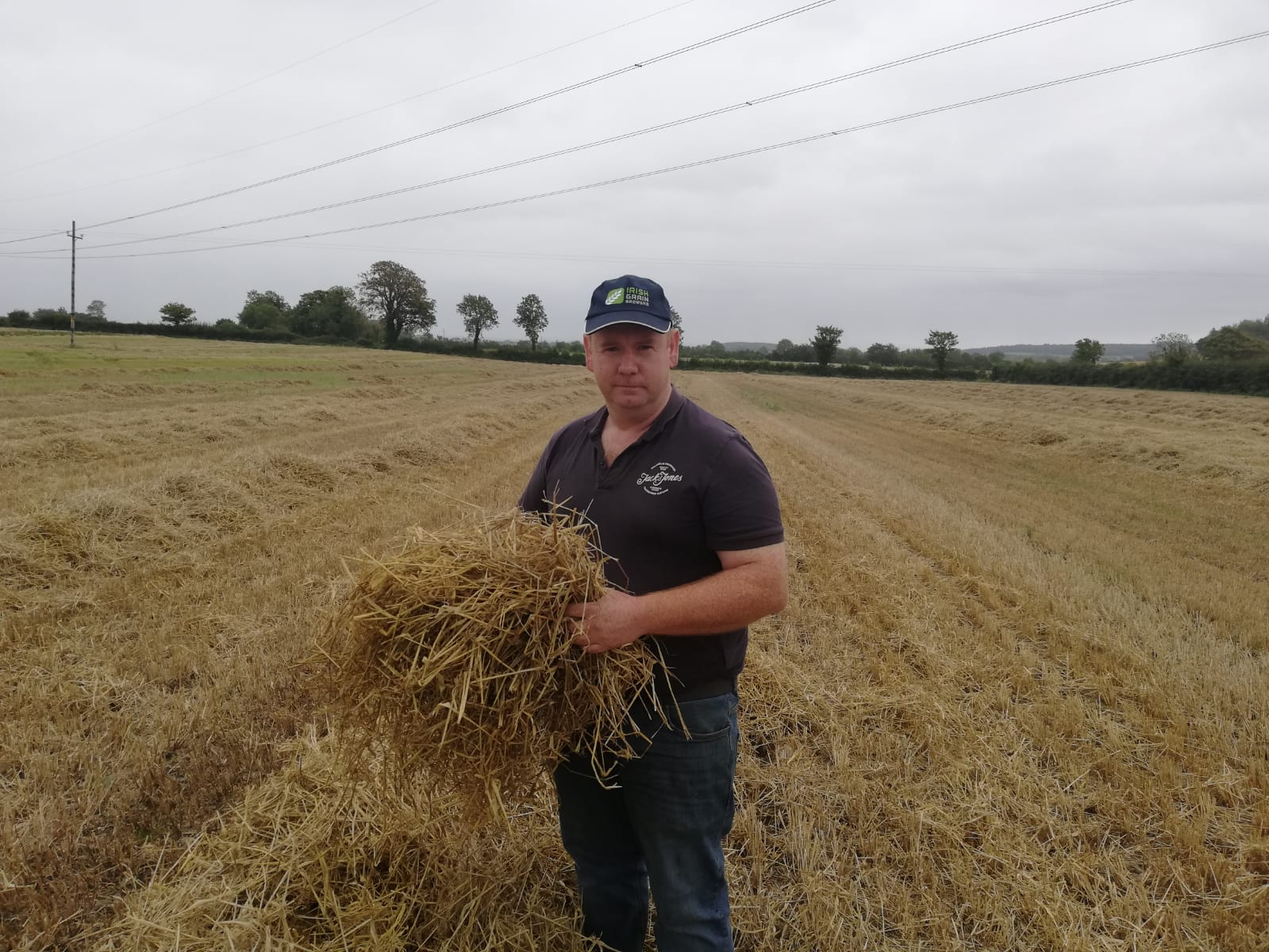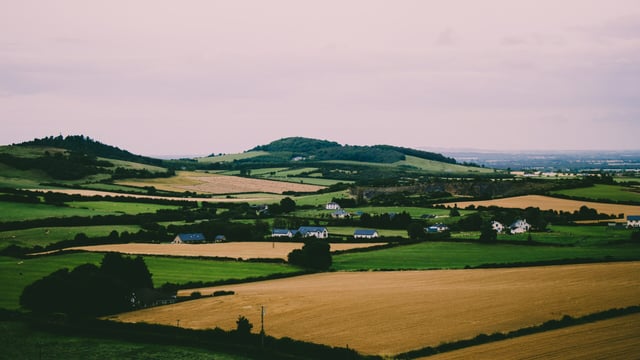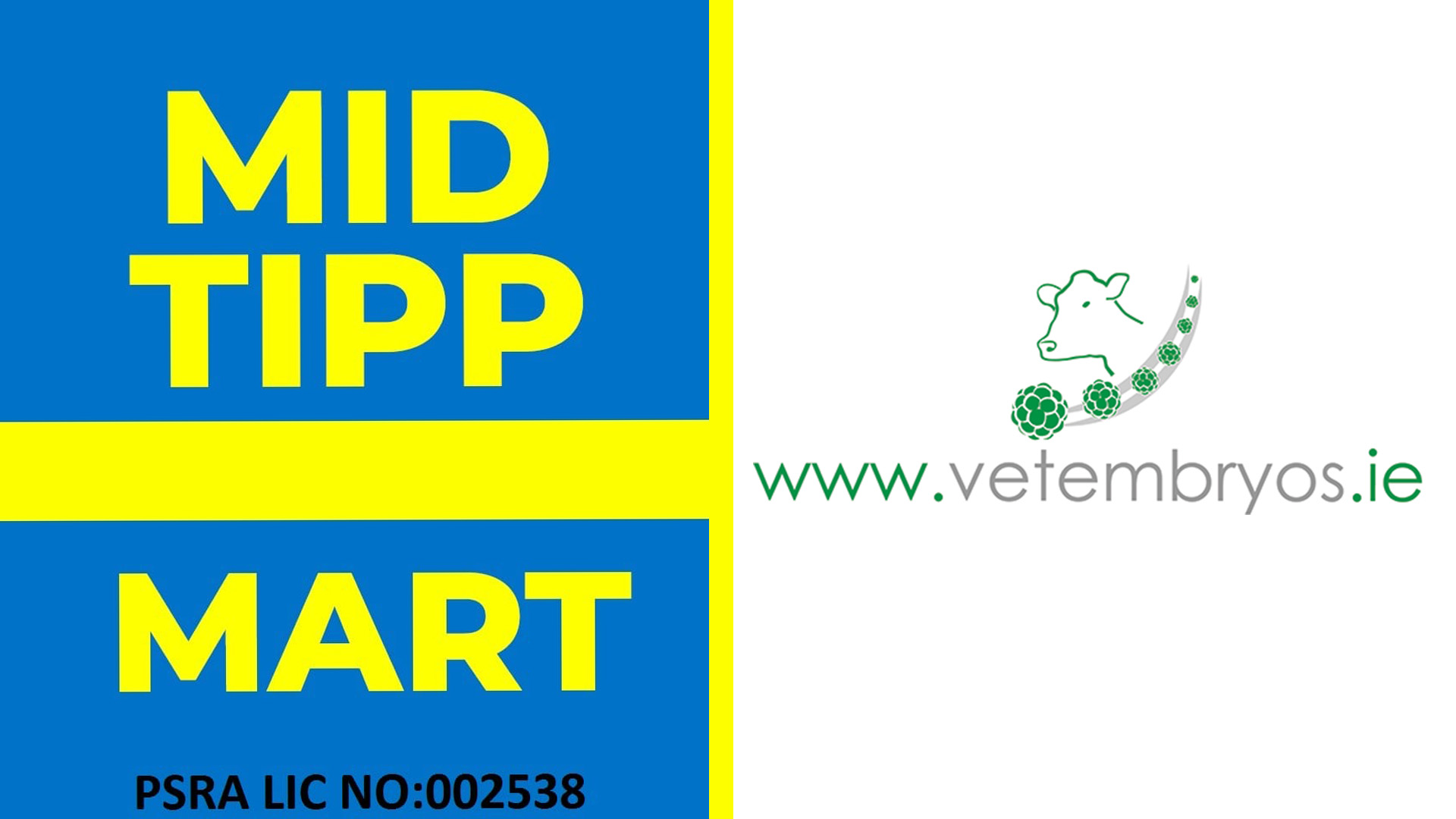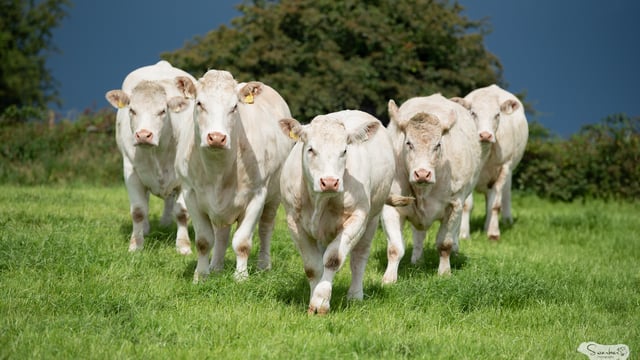IGGG: Continuation of grain imports infuriates tillage farmers
Irish Grain Growers Group (IGGG) chair, Bobby Miller, has confirmed the ongoing importation of grain into Ireland infuriates tillage farmers.
He claims that lorries heading to and from Irish ports, are transporting grain to feed merchants around the country at the present time.
“This is an absolute slap in the face for local cereal growers in the mouth of the 2024 harvest. These grain facilities should be kept for the storage of Irish grains," Miller told Agriland.
The IGGG representative is also frustrated at the recent licensing of two new genetically modified (GM) maize varieties by the European Union.
“This is another insult to Irish tillage farmers, who are now expected to operate with one hand tied behind their backs," he continued.
“If livestock farmers are allowed to feed GM grains, then why aren’t Irish tillage farmers allowed to grow these cereals. It all smacks of double standards.”
According to Miller, the proposed expansion of Ireland’s tillage area to 400,000ha by 2030 will not happen, if the Irish government does not step in and create a level playing field for those farmers committed to growing crops.
“It all makes a nonsense out of the commitments expressed by the government to the principles of sustainability and traceability," he said.
Meanwhile, a recent Teagasc conference confirmed the extremely low carbon footprint being achieved on Irish tillage farmers.
Research has confirmed that arable-only farms with a full commitment to straw incorporation and the establishment of cover crops are not just carbon neutral, but are actually sequestering 0.5t of carbon dioxide equivalent (CO2e) per year.
“This is more great news for the tillage sector. It is confirming the environmental sustainability of the sector," Miller said.
“Irish agriculture as a whole is supposed to reach a carbon net zero position by 2050. The reality is that Irish tillage farmers have already reached this position; in fact they have exceeded it.
"But farmers growing crops must be allowed to generate sustainable incomes, if they are to have a future."
Turning to the prospects for the 2024 cereal harvest, the IGGG chairman indicated that some early crops of winter barley could be cut next week.
“But, this is all weather dependent,” he added.
“There is rain in the forecast for the coming days. So if next week proves difficult, the following week will be a key target for growers looking to get barley harvested.
“Barley crops that survived last winter are looking well. But growers will not have a firm handle on possible yields until they actually get into crops with the combines.”

